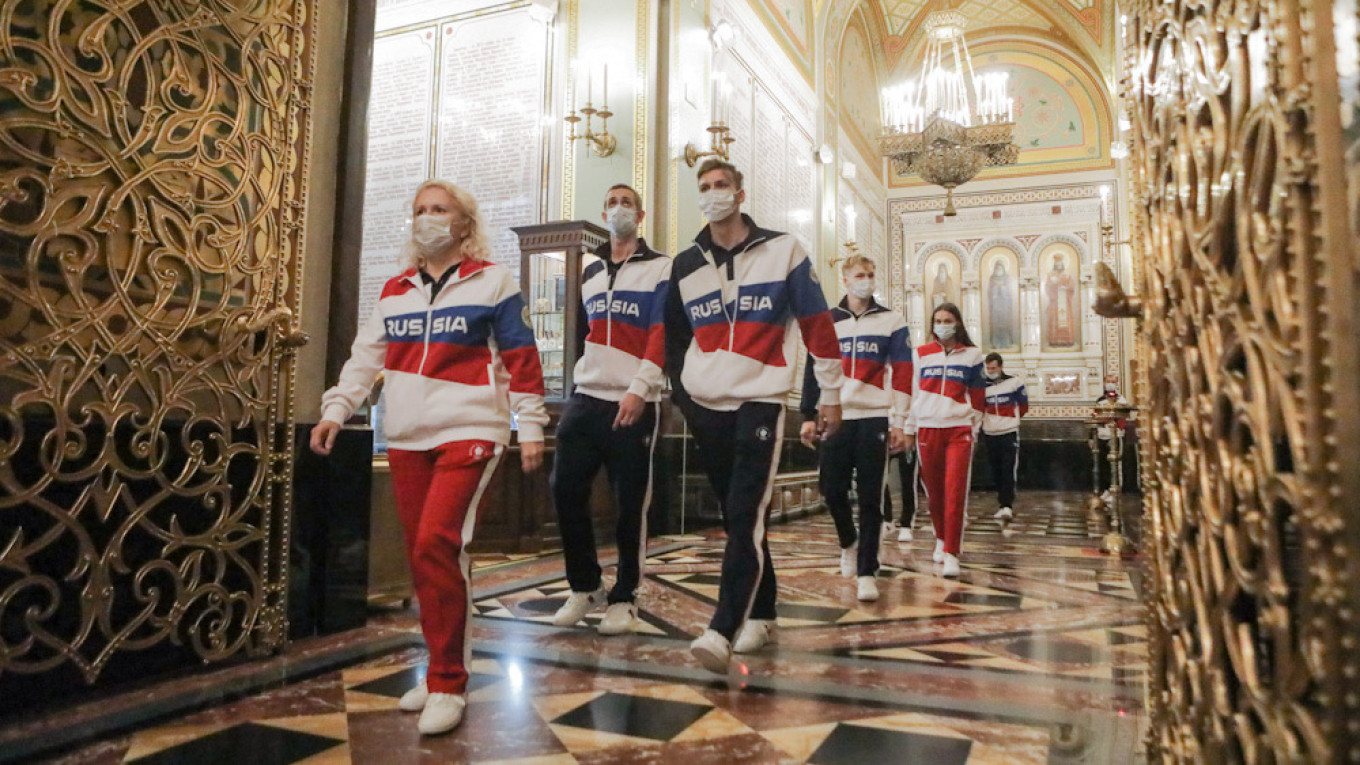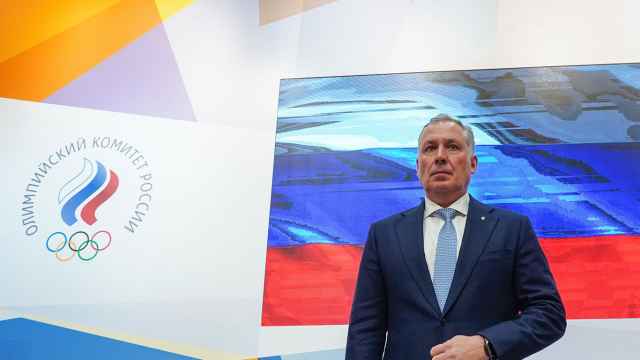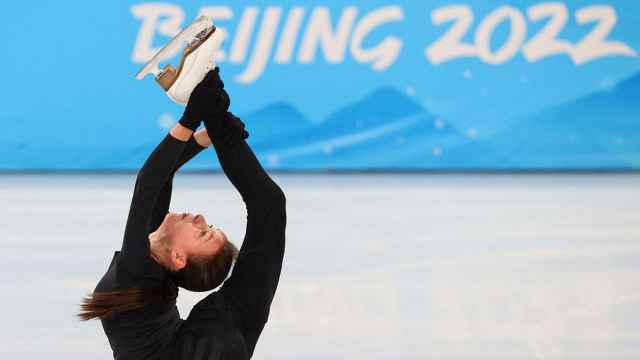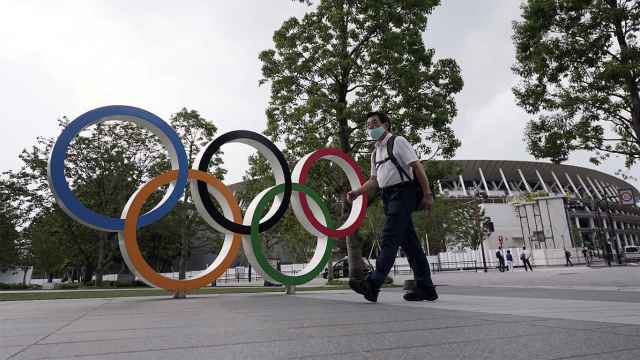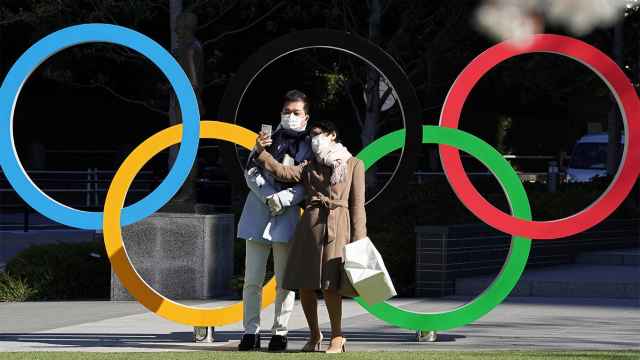Russian athletes competing under a neutral flag have been instructed to avoid answering “provocative” political questions at the Tokyo Olympics that will open to mostly empty stands next week, the Vedomosti business daily reported Wednesday.
“No comment” is the most commonly recommended response on issues ranging from Russia’s annexation of Crimea and the Russian doping scandal to the Black Lives Matter movement.
Other tailor-made responses include “sports should remain out of politics” when asked about Crimea and “the Olympics should not become a platform for any actions and gestures” when discussing BLM.
When asked about sexual harassment in sport, Vedomosti reports that Russian athletes are urged to say: “I’ve never encountered this in my career, but I know that this problem exists in many countries.”
Vedomosti notes that the political guidelines are a new practice in modern Russia and are evocative of the Soviet Union's treatment of its athletes.
“Information spreads very quickly and any careless answer, which athletes can be skillfully ‘tricked’ into by specially trained people will then have an extremely negative impact,” the guidelines reportedly read.
“Be careful and pay attention to what you write, what photos you post, like and comment.”
Russia's Olympic Committee has confirmed the guidelines’ authenticity, Vedomosti reported.
The ROC finalized a roster of 335 athletes who will compete at the rearranged Tokyo Olympics under a neutral flag and anthem as long as they are clean. Russian athletes will be accompanied by music by composer Pyotr Tchaikovsky after the International Olympic Committee approved it to replace Russia's national anthem.
According to the ROC guidelines cited by Vedomosti, Russian athletes are urged to say that they still represent Russia despite the flag ban and that they would have liked to hear the national anthem.
Sport's highest court last year banned Russia from international competitions for two years in the latest punishment for its state-backed doping program at the 2014 Olympic Winter Games in Sochi.
The court however allowed Russian athletes to compete at the Tokyo Games under a neutral flag and anthem if they prove no connection to doping.
Vedomosti reported that the ROC’s guidelines told Russian athletes to deny participating in any doping scandals and forward further questions “to those who issued sanctions.”
AFP contributed reporting.
A Message from The Moscow Times:
Dear readers,
We are facing unprecedented challenges. Russia's Prosecutor General's Office has designated The Moscow Times as an "undesirable" organization, criminalizing our work and putting our staff at risk of prosecution. This follows our earlier unjust labeling as a "foreign agent."
These actions are direct attempts to silence independent journalism in Russia. The authorities claim our work "discredits the decisions of the Russian leadership." We see things differently: we strive to provide accurate, unbiased reporting on Russia.
We, the journalists of The Moscow Times, refuse to be silenced. But to continue our work, we need your help.
Your support, no matter how small, makes a world of difference. If you can, please support us monthly starting from just $2. It's quick to set up, and every contribution makes a significant impact.
By supporting The Moscow Times, you're defending open, independent journalism in the face of repression. Thank you for standing with us.
Remind me later.


